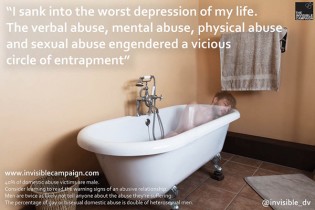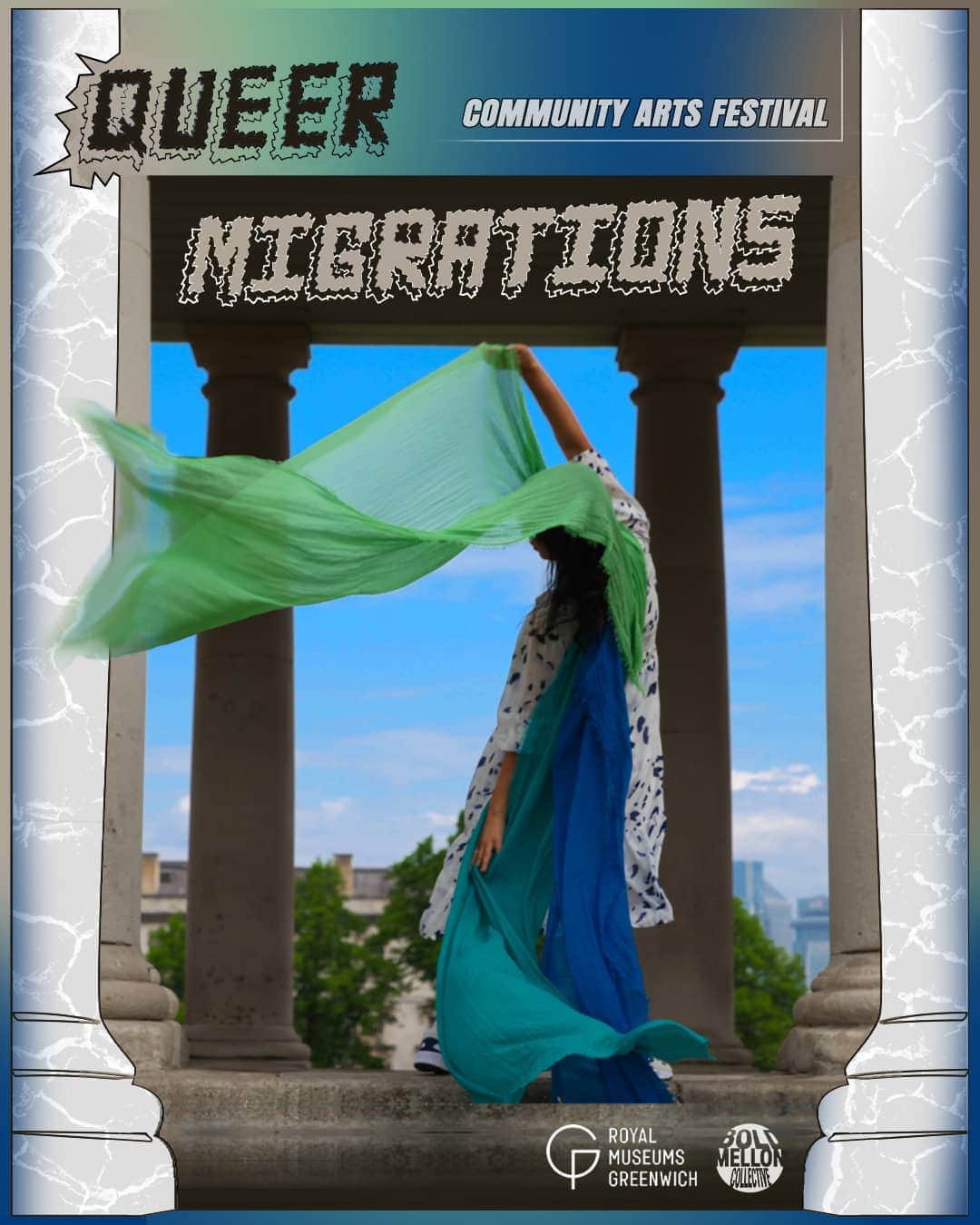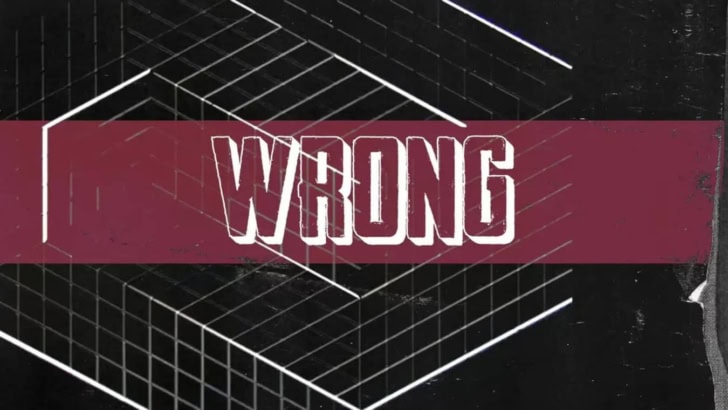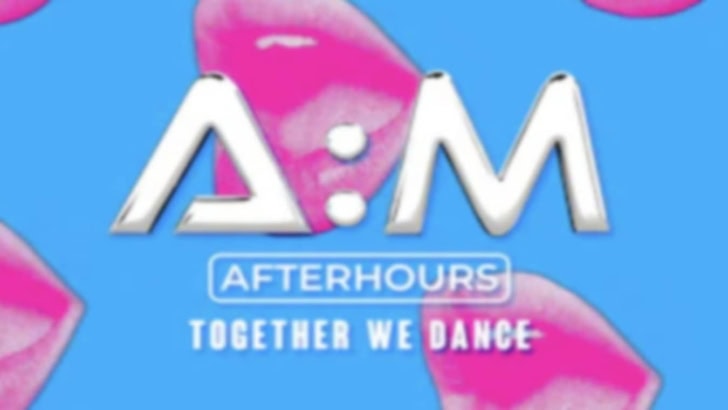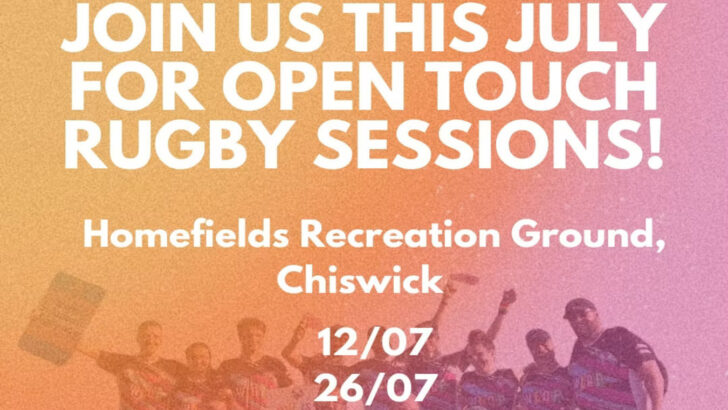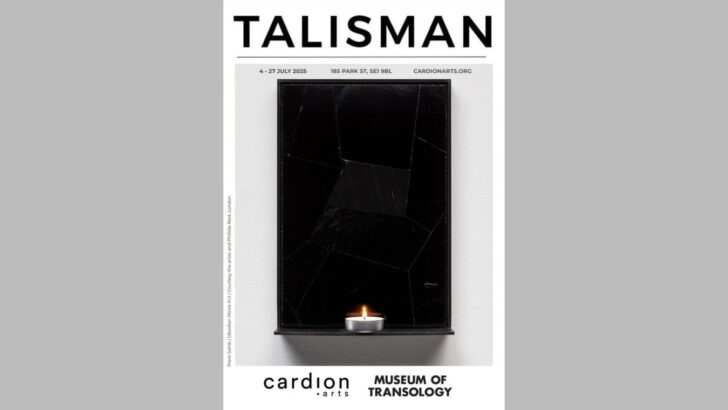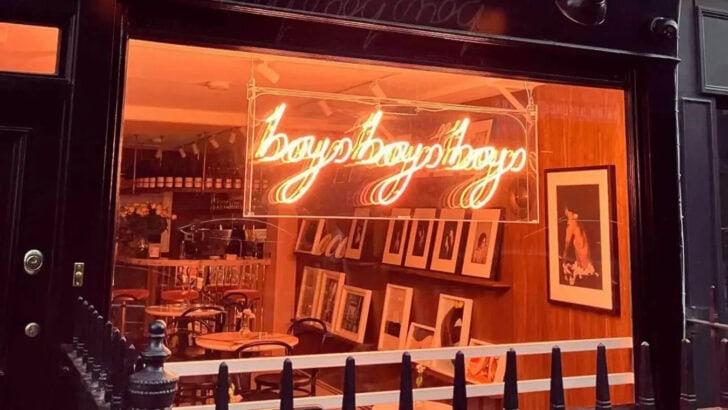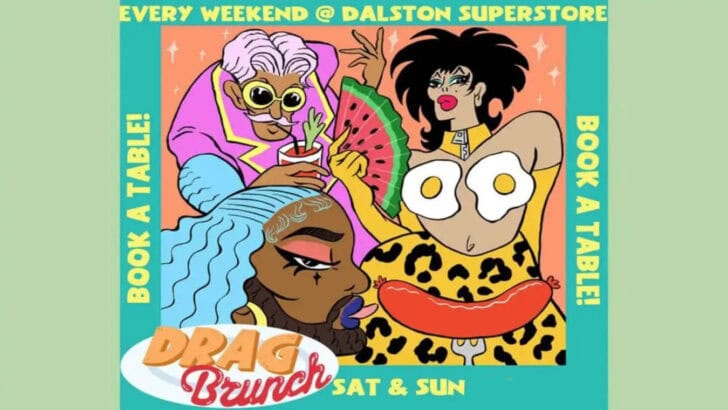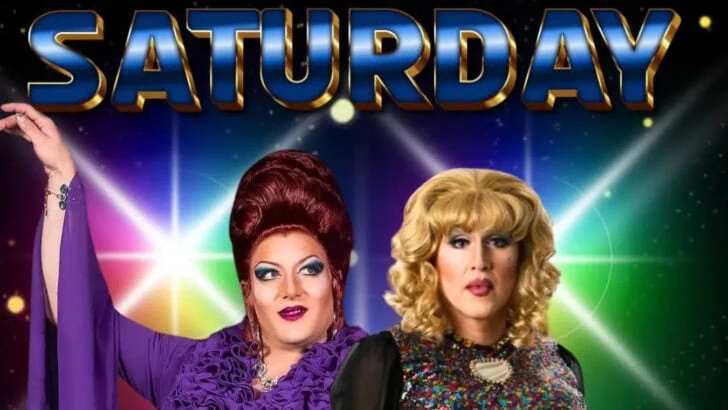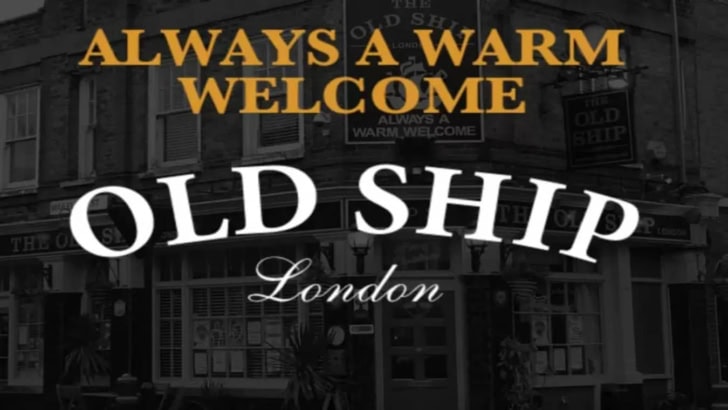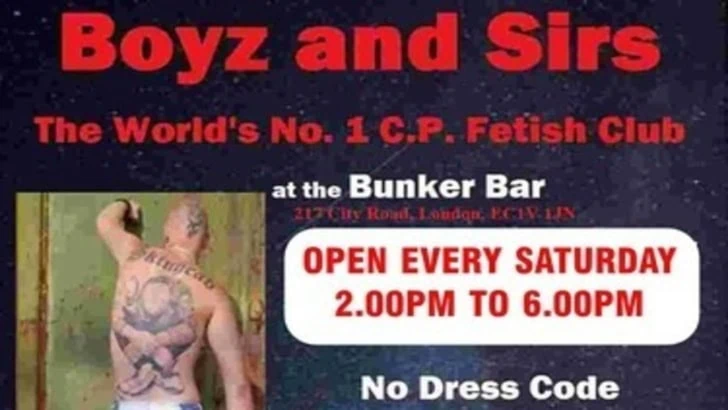Bradley Chippington, an up-and-coming photographer, speaks to QX about why he set up the Invisible Campaign, to highlight domestic violence amongst same-sex couples.
By Patrick Cash
Tell us a bit about yourself.
I love keeping busy and I adore photography. I’ve just finished my degree at university and started two internships. I’m up at 5am for the gym four times a week, I go boxing once a week. I write a blog, I am shooting for my blog. I also make time to see my first boyfriend since my abusive relationship; that was just over two years ago. I eat, sleep and sometimes leave room for a social life!
Why did you set up the Invisible Domestic Violence campaign?
It was ignited by my own experiences in an abusive relationship between 2010/12. ‘Invisible’ is built from my initial project ‘Trauma’ which touched on the personal aspects of my experiences and the emotions this conveyed. The project is generally themed as a bolder, bloody piece that concentrates on destruction and violence.
Why did you use the word ‘invisible’ specifically?
‘Invisible’ represents the solitude and loneliness that men find themselves in during an abusive relationship. Victims over time have isolation from friends and family, which can bring feelings of being trapped within the relationship and that there is nobody to turn to. For male on male abuse it is exceptionally hard to find support and be heard.
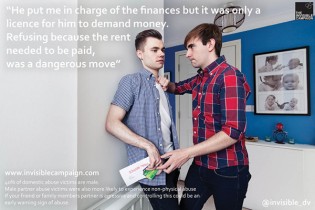
My experiences spanned over 15 months. Looking back, the warning signs were obvious from the beginning of our relationship, but I still fell madly in love with him. He maintained the high lifestyle in a penthouse apartment, had charisma, charm, was carefree, and people seemed to love his company. He was the complete opposite of every moral thing I was brought up to respect and I loved him.
He was a heavy drug user and although prior to meeting him I had never taken them, he eventually influenced me to use them with him. Over the course of the next 15 months with him trying to hang himself and me having to pull him down, or stabbing himself, or trying to stab me with shards of glass, or with a chef’s knife, or sleeping around and treating me like a trophy, or trying to jump out of my car down the motorway because he didn’t like what I was saying about our relationship, or anything else that’s on the endless list of events, all added to the strain I was under, which resulted in me turning to drugs as a crutch from the relationship.
By the end of our relationship I was in a severe state of anxiety, isolation and depression. We had another row, which resulted in him pushing my head into the corner of a brick wall – he was trying to push me over the stairs banister – and me ending up in hospital with my ear ripped in two and my skull cut open. I turned to drugs heavily after this and ended up in hospital having suffered a massive overdose in 2012. My mom phoned ReThink to arrange counselling sessions for me.
I had four months’ intensive trauma counselling sessions and a few small sessions after that. It wasn’t until 2013 that I finally felt myself again. I’ve now gained three stone since my experience, work out, am training in boxing and will no longer take any form of abuse. I am quick to defend others and will always help someone who is in trouble.

Yes it is. The Guardian wrote in an article that same sex abuse is a “silent epidemic”. Mankind Initiative have recently published research that shows some alarming statistics in domestic abuse towards men from women and also gay men. Their findings found that gay and bisexual men are twice as likely to experience domestic abuse over heterosexual men.
And finally, how would you go about dealing with someone who came to you having experienced domestic abuse?
I have had people talk to me about their experiences and some who have sought help. I always take it upon myself to guide them as best I can and ensure that they can get to a safe environment. With any abusive relationship though the abused has to realise that they can get out of the relationship and that they can do better than being someone’s doormat.
• To find out more about the Invisible Campaign, visit: www.invisiblecampaign.com
